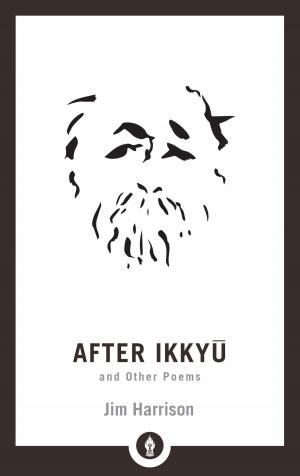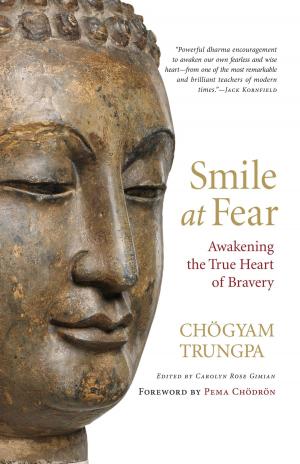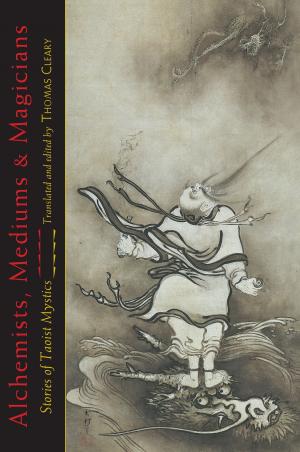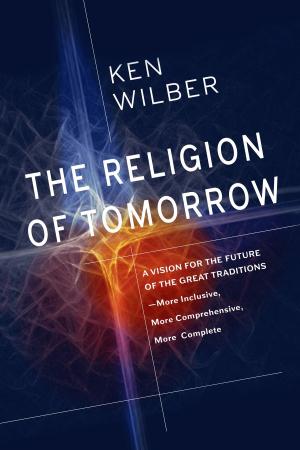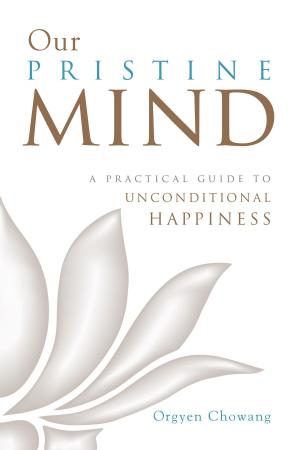The Well of Remembrance
Rediscovering the Earth Wisdom Myths of Northern Europe
Nonfiction, Social & Cultural Studies, Social Science, Folklore & Mythology| Author: | Ralph Metzner | ISBN: | 9780834829312 |
| Publisher: | Shambhala | Publication: | May 1, 2001 |
| Imprint: | Shambhala | Language: | English |
| Author: | Ralph Metzner |
| ISBN: | 9780834829312 |
| Publisher: | Shambhala |
| Publication: | May 1, 2001 |
| Imprint: | Shambhala |
| Language: | English |
In his introduction to The Well of Remembrance, author Ralph Metzner provides a telling explanation of the theme of his work:
"This book explores some of the mythic roots of the Western worldview, the worldview of the culture that, for better and worse, has come to dominate most of the rest of the world's peoples. This domination has involved not only economic and political systems but also values, basic attitudes, religious beliefs, language, scientific understanding, and technological applications. Many individuals, tribes, and nations are struggling to free themselves from the residues of the ideological oppression practiced by what they see as Eurocentric culture. They seek to define their own ethnic or national identities by referring to ancestral traditions and mythic patterns of knowledge. At this time, it seems appropriate for Europeans and Euro-Americans likewise to probe their own ancestral mythology for insight and self-understanding."
Focusing on the mythology and worldview of the pre-Christian Germanic tribes of Northern Europe, Metzner offers a meaningful exploration of Western ancestry.
In his introduction to The Well of Remembrance, author Ralph Metzner provides a telling explanation of the theme of his work:
"This book explores some of the mythic roots of the Western worldview, the worldview of the culture that, for better and worse, has come to dominate most of the rest of the world's peoples. This domination has involved not only economic and political systems but also values, basic attitudes, religious beliefs, language, scientific understanding, and technological applications. Many individuals, tribes, and nations are struggling to free themselves from the residues of the ideological oppression practiced by what they see as Eurocentric culture. They seek to define their own ethnic or national identities by referring to ancestral traditions and mythic patterns of knowledge. At this time, it seems appropriate for Europeans and Euro-Americans likewise to probe their own ancestral mythology for insight and self-understanding."
Focusing on the mythology and worldview of the pre-Christian Germanic tribes of Northern Europe, Metzner offers a meaningful exploration of Western ancestry.





